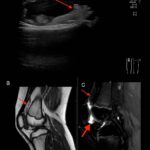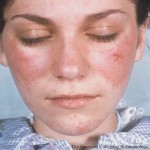In late July 2022, the U.S. Food & Drug Administration (FDA) approved belimumab (Benlysta) for the treatment of children with active lupus nephritis aged 5 to 17 years old receiving standard therapy.1 Despite recent advances in treatment options for patients with systemic lupus erythematosus (SLE), those with kidney involvement may develop endstage renal disease and…








